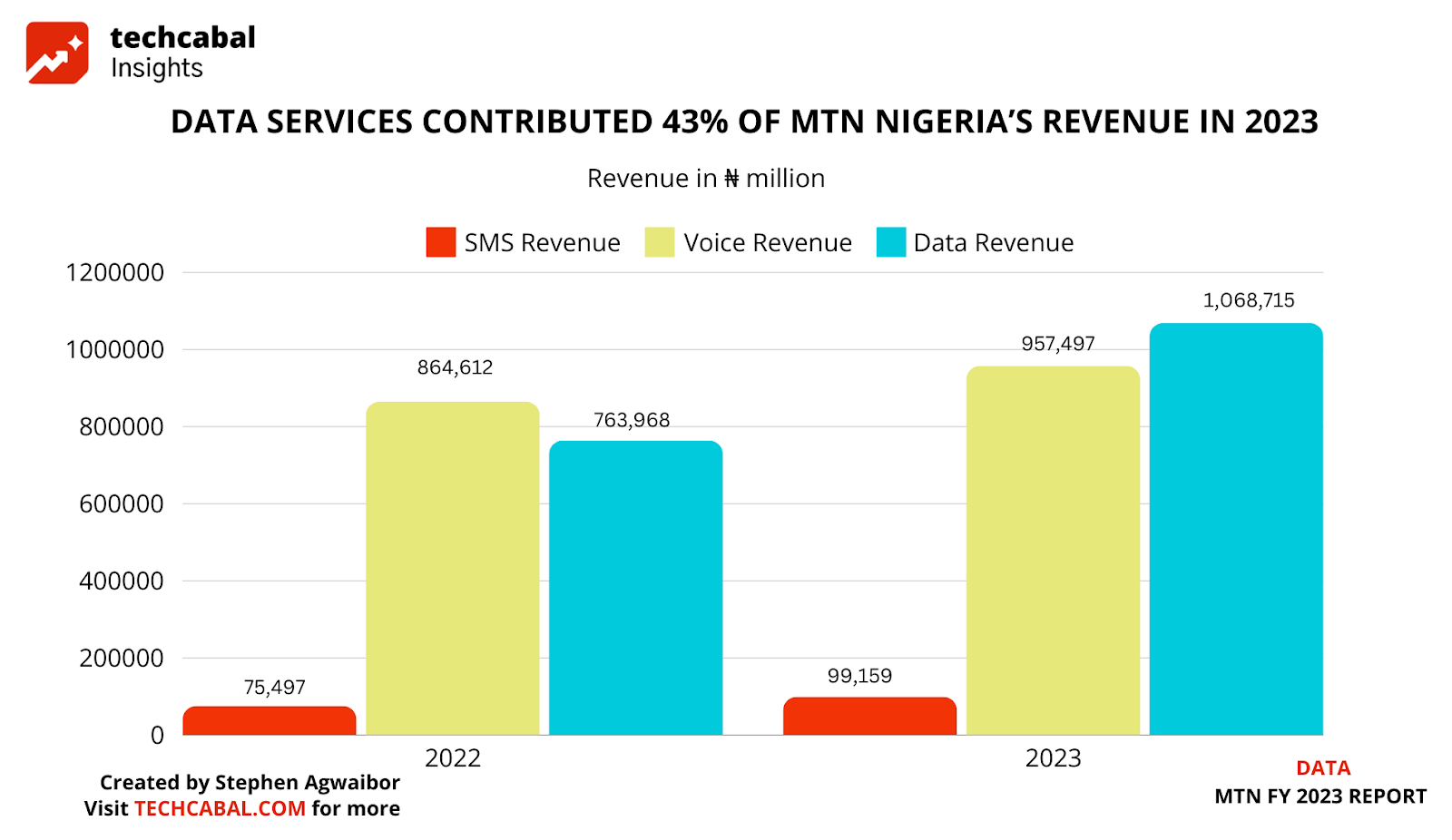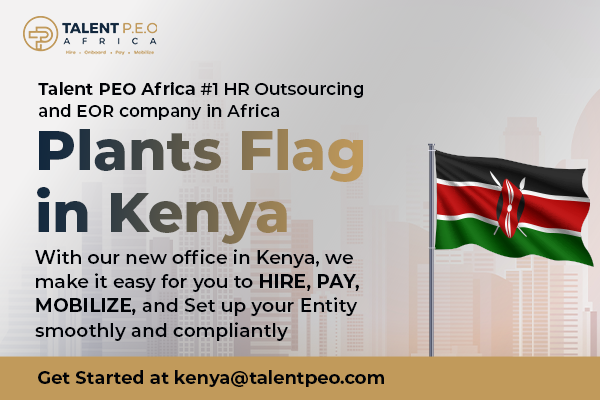
31 March, 2024
Data overtaking voice calls isn’t a bad thing

Photo illustrated via MidJourneyAI
For nearly a decade, mobile data has been in a race to dominate traditional voice calls. It began demonstrating this potential in 2013 when Nigerian telcos saw a 30% decline in revenue from international calls between October 2013 and December 2013, thanks to Skype.
In the coming years, MTN Nigeria, with nearly 80 million subscribers, would admit that it was witnessing a drop in voice-call traffic in the mass market. By the end of 2023, data would become a significant revenue earner for MTN Nigeria and other telco providers on the continent, like Airtel Africa and Kenya-based Safaricom. MTN Nigeria admitted in its full year 2023 report that data services grew its revenue by 39.8% and voice calls by only 9.7%. Airtel Africa was no different: 11.2% of its revenue came from voice calls and 28.5% from data. In Safaricom's half-year results ending September 2023, it was observed that more customers were opting for data over voice; voice revenue declined by 3% while mobile data revenue grew by 12.5%.

43% of MTN Nigeria's revenues were driven by data in 2023. Chart by Stephen Agwaibor, TC Insights
All that said, the success of data over voice doesn't mean telecom firms will lose. Rather, it means that they would have to shift revenue sources from voice to data and invest more infrastructure in enhancing data and internet access.
Next Wave continues after this ad.
To gain the upper hand in this new drive to provide more data services, some telcos are selling off or outsourcing their tower infrastructure to independent management firms so operators can focus on improving their services rather than managing the infrastructure. African operators are dealing with an increased need for data, inspired by low-cost smartphones. Therefore, in order to serve customers and roll out new technologies, outsourcing towers are becoming very attractive.
Next Wave continues after this ad.
Data has its huge benefits, especially as it pertains to cost. Knowing that one can call anyone via instant messaging apps across the world is a very valuable feature. In the past, people needed to roam with their network providers, or change devices when they travelled abroad, to keep in touch with family, friends and business colleagues across continents.
In a world of data, everyone can win, as it enables people to perform more functions on the networks, beyond just phone calls. It is a major use case for streaming services.
Still, while data has enough advantages to make it scale, phones and internet access are not cheap. Even with a 51% smartphone penetration, most people in Africa still use 2G and 3G networks. In Nigeria, smartphones have become a luxury lately, with prices surging by as much as 86% between 2022 and 2023.
It is imperative, then, that smartphone companies think about cheaper phones that can carry 4G capacities. This is key to sustaining the growth of data. Also, telcos need to iterate on data tariffs that average Africans can afford. Data is here to stay.
Joseph Olaoluwa
Senior Reporter, TechCabal
Thank you for reading this far. Feel free to email joseph.olaoluwa[at]bigcabal.com, with your thoughts about this edition of NextWave. Or just click reply to share your thoughts and feedback.
We'd love to hear from you
Psst! Down here!
Thanks for reading today's Next Wave. Please share. Or subscribe if someone shared it to you here for free to get fresh perspectives on the progress of digital innovation in Africa every Sunday.
As always feel free to email a reply or response to this essay. I enjoy reading those emails a lot.
TC Daily newsletter is out daily (Mon - Fri) brief of all the technology and business stories you need to know. Get it in your inbox each weekday at 7 AM (WAT).
Follow TechCabal on Twitter, Instagram, Facebook, and LinkedIn to stay engaged in our real-time conversations on tech and innovation in Africa.







